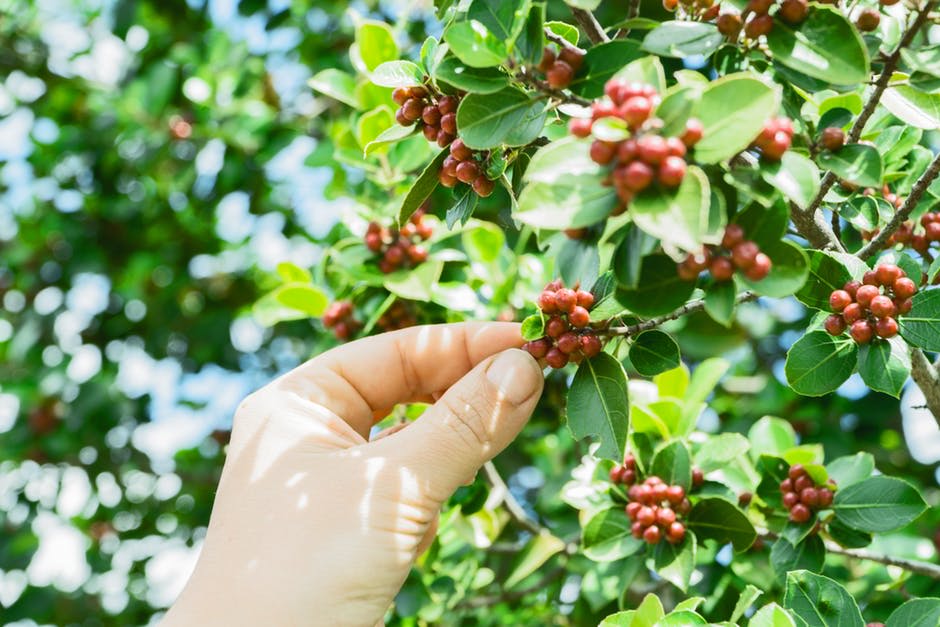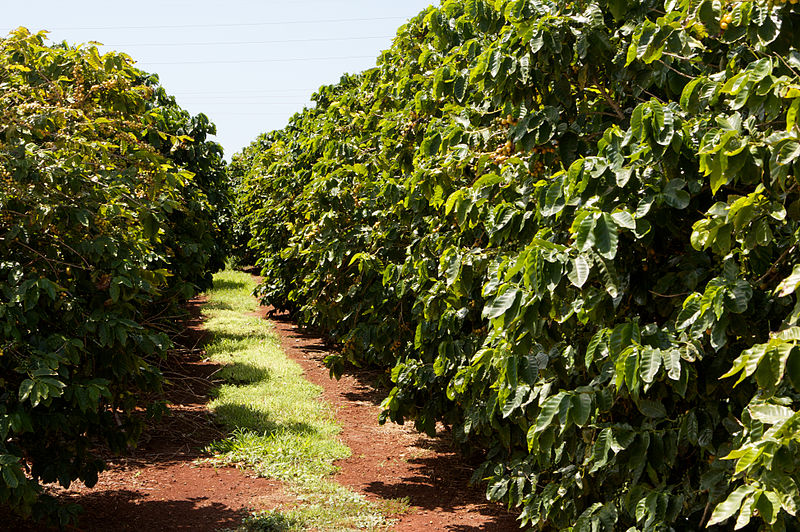Taking a Look at Global Warming’s Impact on Global Coffee Supply

Coffee lovers around the world may soon be facing an inconvenient truth. According to a recent study, coffee farming lands in Ethiopia are expected to become less hospitable in the near future as a direct result of climate change. In fact, up to 60% of the country’s current coffee farming land is expected to be unusable for coffee farming by the end of this century.
The combination of rising temperatures and low rainfall are responsible for this projected outcome, meaning climate change has started to affect the global coffee trade. Read on for a look at what this means for both coffee drinkers and farmers.
Compromised Ethiopian (Coffee) Farming Land Due to Climate Change
Coffee production is a big part of the economy in Ethiopia, with a whopping 16% of the county’s population making a living from the coffee industry. The vast majority of these producers are small, family-run operations, meaning that they’re likely unable to adjust to the brand new set of challenges that accompany a shifting and unwelcoming climate for coffee farming.
Since coffee will no longer be economically viable as a business pursuit, it’s likely that Ethiopia’s total export earning could suffer substantially as a result.
Coffee and Climate: Beyond Ethiopia
The looming effects of climate change on the coffee industry are not limited to Ethiopia, either. As demand for coffee increases, worldwide supply is expected to steadily decrease. A recent report projects that while global coffee demand will have doubled by 2050, the amount of land worldwide that is ideally suited for growing coffee will have been cut in half.
Could Climate Change Mean a Less Flavorful Cup?
Another projected impact of climate change on the global coffee industry is the risk of a less flavorful product, all across the board. This is because coffee plants thrive in cooler temperatures where they can slowly develop complex flavors within the beans. When temperatures are on the rise, coffee plants grow more quickly, which means a less flavorful final product in your morning cup.

What This Means for Lovers of Ethiopian Coffee
Prized for their uniquely fruity and floral flavors, Ethiopian coffee beans could become a prized delicacy in the not-too-distant future. We may have to rethink our approach to coffee production near the end of this century, but for now, it may be wise to enjoy them while they’re readily available.
